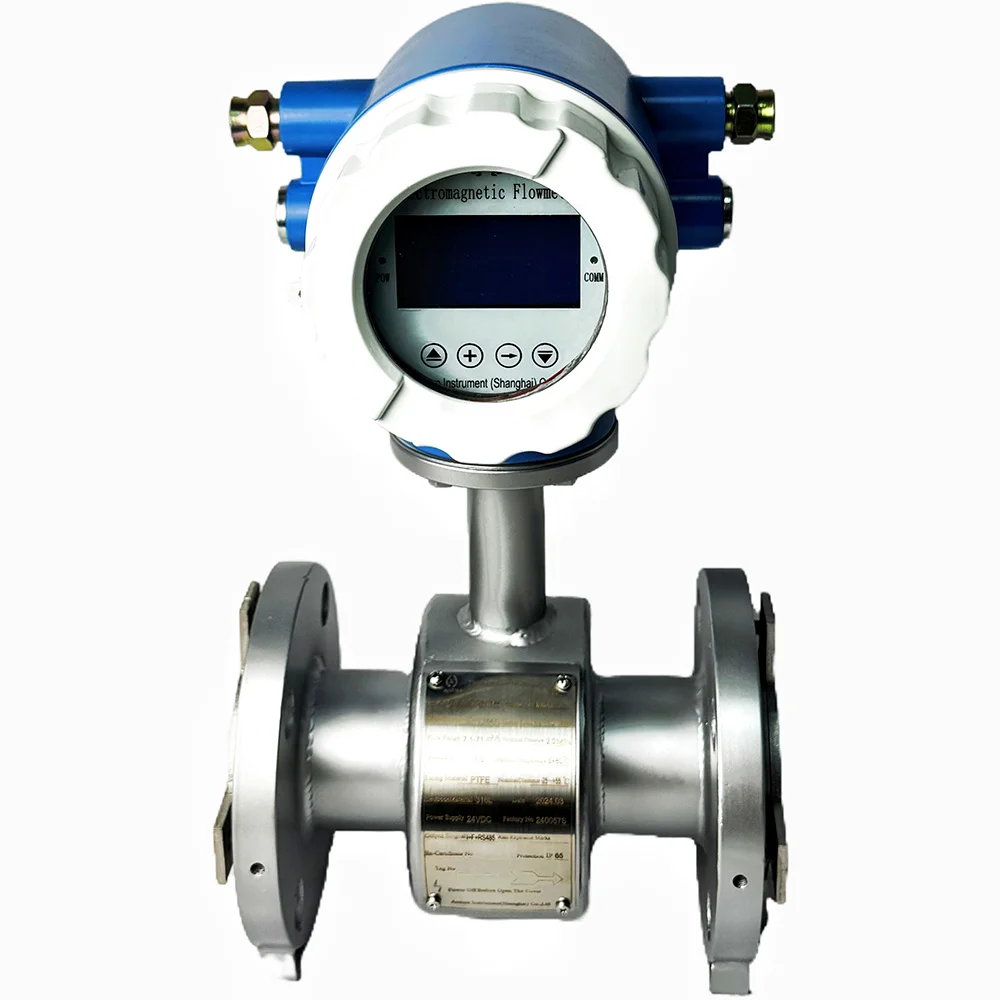Unveiling the Benefits of Memory Foam for Your Back: A Comprehensive Analysis
In today's fast-paced world, where sedentary lifestyles and long working hours have become the norm, back pain has emerged as a common ailment. As individuals strive to find effective solutions, memory foam has gained popularity as a potential remedy. But is memory foam truly good for your back? In this blog post, we will delve into the depths of this topic, exploring the benefits, considerations, and scientific evidence surrounding memory foam's impact on back health.
- Understanding Memory Foam:
Memory foam is a unique material that molds to the shape of your body, providing customized support and pressure relief. Its viscoelastic properties allow it to respond to body heat and weight, ensuring optimal spinal alignment. This characteristic makes memory foam mattresses, pillows, and toppers highly sought after for back pain relief. - Pressure Relief and Spinal Alignment:
One of the key advantages of memory foam is its ability to distribute body weight evenly, reducing pressure points that can cause discomfort and pain. By contouring to the body's natural curves, memory foam promotes proper spinal alignment, relieving strain on the back muscles and ligaments. This alignment helps alleviate back pain and allows for a more restful sleep. - Enhanced Comfort and Sleep Quality:
Memory foam's ability to conform to the body's contours provides unparalleled comfort, allowing for a more restorative sleep experience. By reducing tossing and turning during the night, memory foam minimizes sleep interruptions, enabling individuals to wake up feeling refreshed and rejuvenated. Improved sleep quality plays a crucial role in back health, as it allows the body to repair and regenerate. - Support for Different Sleeping Positions:
Whether you are a back, side, or stomach sleeper, memory foam can cater to your specific needs. Its adaptive nature ensures that your spine remains properly aligned, regardless of your preferred sleeping position. This versatility makes memory foam an excellent choice for individuals with varying back conditions or those seeking preventive measures. - Considerations and Personal Preferences:
While memory foam offers numerous benefits, it is essential to consider individual preferences and needs. Some individuals may find memory foam too soft or too firm, as personal comfort levels vary. Additionally, memory foam mattresses may retain heat, which can be uncomfortable for those who tend to sleep hot. However, advancements in technology have led to the development of cooling gel-infused memory foam, addressing this concern.
Conclusion:
In conclusion, memory foam can be highly beneficial for your back, providing pressure relief, spinal alignment, enhanced comfort, and improved sleep quality. Its ability to adapt to different sleeping positions makes it a versatile option for individuals seeking back pain relief. However, personal preferences and considerations should be taken into account when selecting a memory foam product. By understanding the benefits and making an informed choice, you can pave the way for a healthier back and a more restful sleep.






